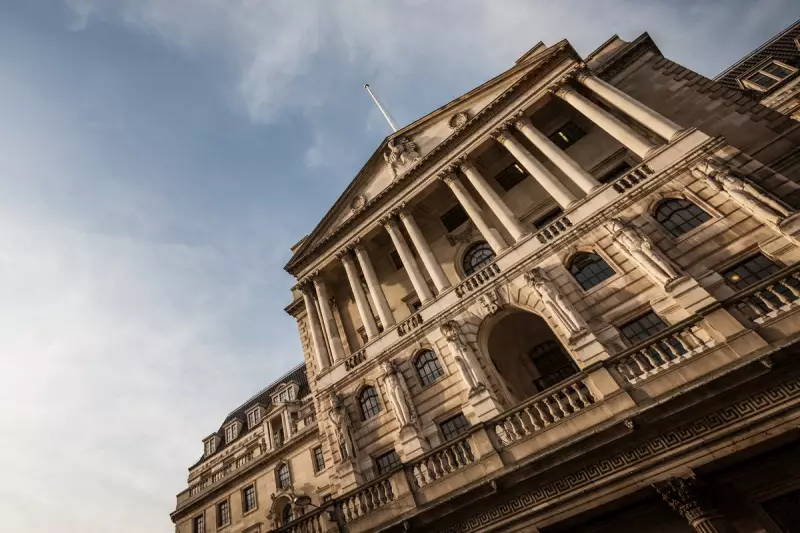
The Bank of England is reportedly preparing to cut interest rates in response to slowing inflation and weakening economic growth, signalling a potential shift in monetary policy.
Economists suggest that the central bank may soon reduce borrowing costs to encourage consumer spending and business investment amid concerns over a prolonged economic downturn.
Why Rates Could Fall
Recent data shows inflation easing closer to the Bank's 2% target, reducing pressure to maintain high interest rates. Meanwhile, GDP growth remains sluggish, prompting calls for stimulus measures.
Market Reactions
Financial markets have already begun pricing in potential rate cuts later this year, with some analysts predicting the first reduction could come as early as August.
Key factors influencing the decision:
- Declining consumer price inflation
- Weak retail sales figures
- Stagnant wage growth
- Global economic uncertainty
What This Means for You
A rate cut would likely lead to:
- Lower mortgage repayments for variable-rate borrowers
- Reduced savings account interest
- Cheaper business loans
- Potential boost to property prices
The Bank's Monetary Policy Committee will make its next decision on August 1st, with economists closely watching for any hints of policy changes.





